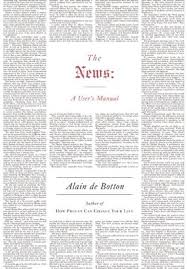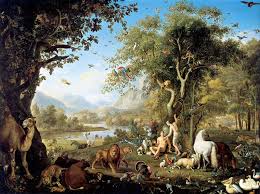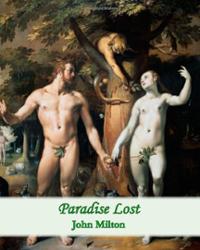
Today, we are excited to announce the release of My Lord Ghost, book two of The Grace Sisters Trilogy. Sweet, warm and alluring, My Lord Ghost is the new romantic novel by award winning author Meredith Bond that promises to captivate your heart.
Buy now! My Lord Ghost is available on sale at Amazon, Barnes & Noble, Kobo and Smashwords. Also, read on and find out how you can join My Lord Ghost Giveaway Contest and WIN!

About My Lord Ghost
Series: The Grace Sisters Trilogy, Book 2
Genre: Historical Romance, Regency Romance
She only wanted to save his soul. He needed to save her life.
Laia Grace wasn’t raised in society and besides, meeting men was so much fun! But when the naive Regency miss introduces herself to the wrong person, her father decides that it’s time she grew up. If only he knew that the house he was sending her to had a ghost in residence.
Marcus is haunting his own home, living in the secret passages and priest holes while he tries to deal with the horrific events that led to his brother’s death. But when an angel shows up and coaxes him into telling her his story, he discovers a reason to live.
Will he be willing to risk both his own life and his heart to save her?
Grab your copy today! Available at: Amazon | Barnes & Noble | Kobo | Smashwords
Giveaway
Join My Lord Ghost giveaway contest!
Get a chance to win A Dandy in Disguise eBook by Meredith Bond (Book One of the Grace Sisters Trilogy) and a $25 Amazon Gift Card!
Click here to join the Rafflecopter Giveaway contest!
Other Books by Meredith Bond
Be sure not to miss Book One of The Grace Sisters Trilogy by Meredith Bond.
 |
A Dandy in Disguise If you gamble with your future, you’re bound to lose. Rose doesn’t realize this when she puts her money down. She’s new to society, and mistakenly thinks everyone is who they claim.Fungy doesn’t know who he is anymore, but Rose makes him want to be the best he can be. But is he the best man for her? A turn of the cards might have the answer. Available now: Amazon | Barnes & Noble | Smashwords | iTunes | Kobo | Google Play | All Romance eBooks |
About Meredith Bond
 Meredith Bond’s books straddle that beautiful line between historical romance and fantasy. An award-winning author, she writes fun traditional Regency romances, medieval Arthurian romances, and Regency romances with a touch of magic. Known for her characters “who slip readily into one’s heart”, Meredith’s paranormal romances include her Storm series set in during the English Regency, her post-Arthurian fantasy series, The Children of Avalon, and a series of traditional Regencies—without magic—called The Merry Men Quartet. Her newest series, The Grace Sisters, is a spin-off from The Merry Men Quartet. She has also written two non-fiction books: Chapter One: A Fast, Fun Way to Write Fiction and Self-Publishing: Easy as ABC.
Meredith Bond’s books straddle that beautiful line between historical romance and fantasy. An award-winning author, she writes fun traditional Regency romances, medieval Arthurian romances, and Regency romances with a touch of magic. Known for her characters “who slip readily into one’s heart”, Meredith’s paranormal romances include her Storm series set in during the English Regency, her post-Arthurian fantasy series, The Children of Avalon, and a series of traditional Regencies—without magic—called The Merry Men Quartet. Her newest series, The Grace Sisters, is a spin-off from The Merry Men Quartet. She has also written two non-fiction books: Chapter One: A Fast, Fun Way to Write Fiction and Self-Publishing: Easy as ABC.
Want to know more? Come visit Meredith at her website, http://www.meredithbond.com/ or chat with her on Facebook (http://www.facebook.com/meredithbondauthor/) or Twitter (@merrybond). If you’d like to be one of the first to know of Meredith’s new releases and get a free short story every month, join her email list here http://meredithbond.com/blog/newsletter-sign-up/
Visit the Official Meredith Bond Website: http://www.meredithbond.com
Connect with Meredith Bond on Social Media: Facebook, Twitter, Google+, Pinterest, LinkedIn, Goodreads, Tumblr
– – – – –
In partnership with












